
Did you get to see Little Women over the festive break? If not, we can't encourage enough to go and see it.
Greta Gerwig's adaptation of Louisa May Alcott's 1868 novel recounts the story of the March sisters, as they grow from adolescence to adulthood while dealing with the many complications life throws at them.
Although Little Women has been adapted for the big screen several times before, we think Gerwig's take may be the new gold standard – and here's why...
1. It expertly draws out the themes
Alcott's novel plays out in two distinct time frames, one with the March sisters as youngsters, and the other with them as adults. The two halves of the story are regularly anthologised under the collective title 'Little Women', although the narrative focusing on the adult characters is often published separately as 'Good Wives'.
Rather than studiously follow the outline of the novel, Gerwig and editor Nick Houy ambitiously cross-cut between the younger, more impressionable March siblings and their more mature grown-up selves. The film actually begins with the older Jo pitching for her first writing job.
One might think such an approach would be messy, over-complicating an emotionally direct story, but in fact it freshens up the whole approach and throw's Alcott's narrative into sharper relief. The author famously drew on the ups and downs of her own family – for instance, she served briefly as a nurse in the American Civil War, the horrors of which sat alongside the relatively wholesome reality of her family life, and indeed the spectre of the war pervades the film itself.
By splicing the different timelines, Gerwig shows us how, as per the novel, the dance between utter euphoria and dismal melancholy informs life's rich tapestry.
2. Greta Gerwig makes it relevant for a modern audience
As mentioned, Little Women the novel draws explicitly on Alcott's early struggles as a writer. And by foregrounding this element at the start of the movie, Gerwig illuminates the struggles of a woman navigating a man's world. The tenacious Jo (superbly portrayed by Saoirse Ronan) initially pretends to be submitting manuscripts to her publisher, Mr Dashwood (playwright and actor Tracy Letts), on behalf of a friend, although the scribblings are in fact her own.
She's glibly informed that the main female character will have to end the story as a married woman. However, greater struggles come at the conclusion of the drama when Jo is forced to haggle over copyright ownership of her completed story versus a percentage of the profits.
By successfully steering through the gender minefield, Jo emerges as an empowering figure, who proves her severe Aunt March (Meryl Streep) wrong: namely, that women will only become fulfilled by marrying into money. Little Women may have been first published in 1868 but Gerwig ensures its relevance in the 21st century.
3. It brings greater clarity to certain character relationships
One of the interesting things about Gerwig's approach is how it emphasises the sibling rivalry between the fiercely independent Jo and her youngest sister Amy, played by the always excellent Florence Pugh. Jo is determined to make her own way in the world but artistic Amy is perhaps more attuned to the sacrifices she has to make as a woman – this comes across pointedly in a conversation with neighbour (and eventual lover) Laurie (Timothee Chalamet).
The pattern of editing in the movie draws out the many times that Jo and Amy undermine each other, either by accident or design. They're two characters with vastly different sensibilities and their conflict will be recognisable to anyone who's had a sibling, be they a brother or a sister. The sharp editing flits back and forth across time to contrast the destinies of the two sisters, all the while juxtaposing malicious moments (young Amy burning one of Jo's early manuscripts) with scenes of relative resolution and calm.
This humanises the character of Amy, often regarded as the most self-centered of the March sisters – rather than seeing her in simplistic black and white terms, we realise it's Amy's need to continually measure herself against Jo that fosters a steely, sometimes cold attitude. And of course Pugh's fantastically grounded performance ensures that Amy resonates as a believable character.
4. It's loyal to Louisa May Alcott's landscape
The Massachusetts landscape is integral to Alcott's story – this is the environment she knew, and it informs the fabric of the novel. Good thing that Gerwig employed the services of cinematographer Yorick Le Saux who drinks in the rich ambience of New England, by turns wintry and crystalline, and autumnal and enveloping.
Those who've read the novel, or seen the earlier Little Women adaptations, will be aware of the importance of Christmas-time in setting the mood, and Le Saux's visuals practically glow during the festive seasons, showing how Yuletide strengthens the bond between the March family.
Our favourite scene though has to be the pivotal argument between Jo and Laurie. We won't spoil it for those yet to see the movie – suffice to say, the vibrant slash of autumnal colour in the background is a brilliant reflection of Jo's fiery, headstrong nature.
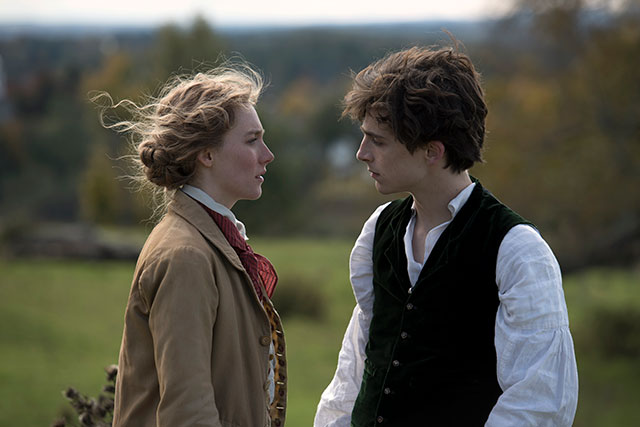
5. It recognises the struggle of creativity
Alcott famously had to be pushed into writing Little Women – in fact, she initially dismissed the notion of readers being interested in domestic melodrama. How wrong she was – Alcott's intense and accelerated writing process (she completed Little Women in just 10 weeks) resulted in one of the most popular stories of all time, a novel that has never been out of print since it was first published.
Gerwig foregrounds the struggles that Alcott faced when attempting to finish her novel. In the movie, aspiring writer Jo (Alcott's biographical stand-in) translates her experiences into the novel that will become Little Women, working until the early hours when she's bleary-eyed and sleep-deprived.
The film is an acute demonstration of how the writing process is a hard-fought victory – by seeing how much Jo is willing to sacrifice, it almost feels like we're in tune with Alcott's tenacious spirit. It's another sign of how much Gerwig reveres her literary idol, and the celebratory finale only affirms the triumphant nature of her adaptation.
Convinced? Then click here to book your tickets for Little Women. Don't forget to tweet us @Cineworld with your thoughts on the movie.
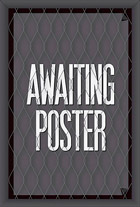

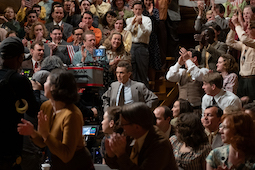

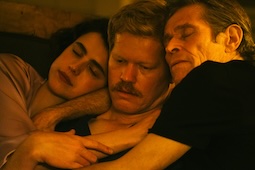

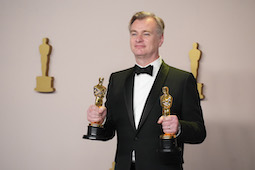




.jpg)


.jpg)
.png)






